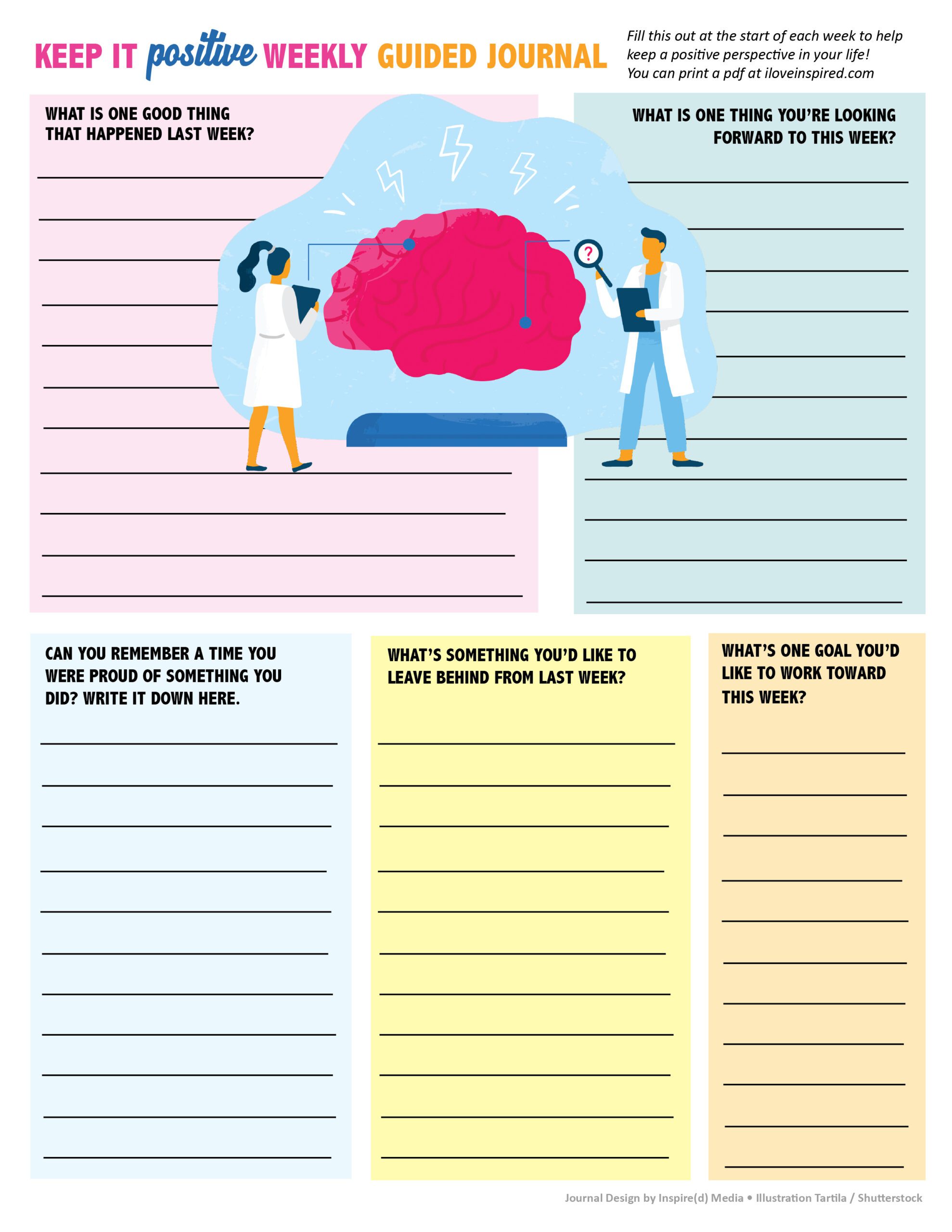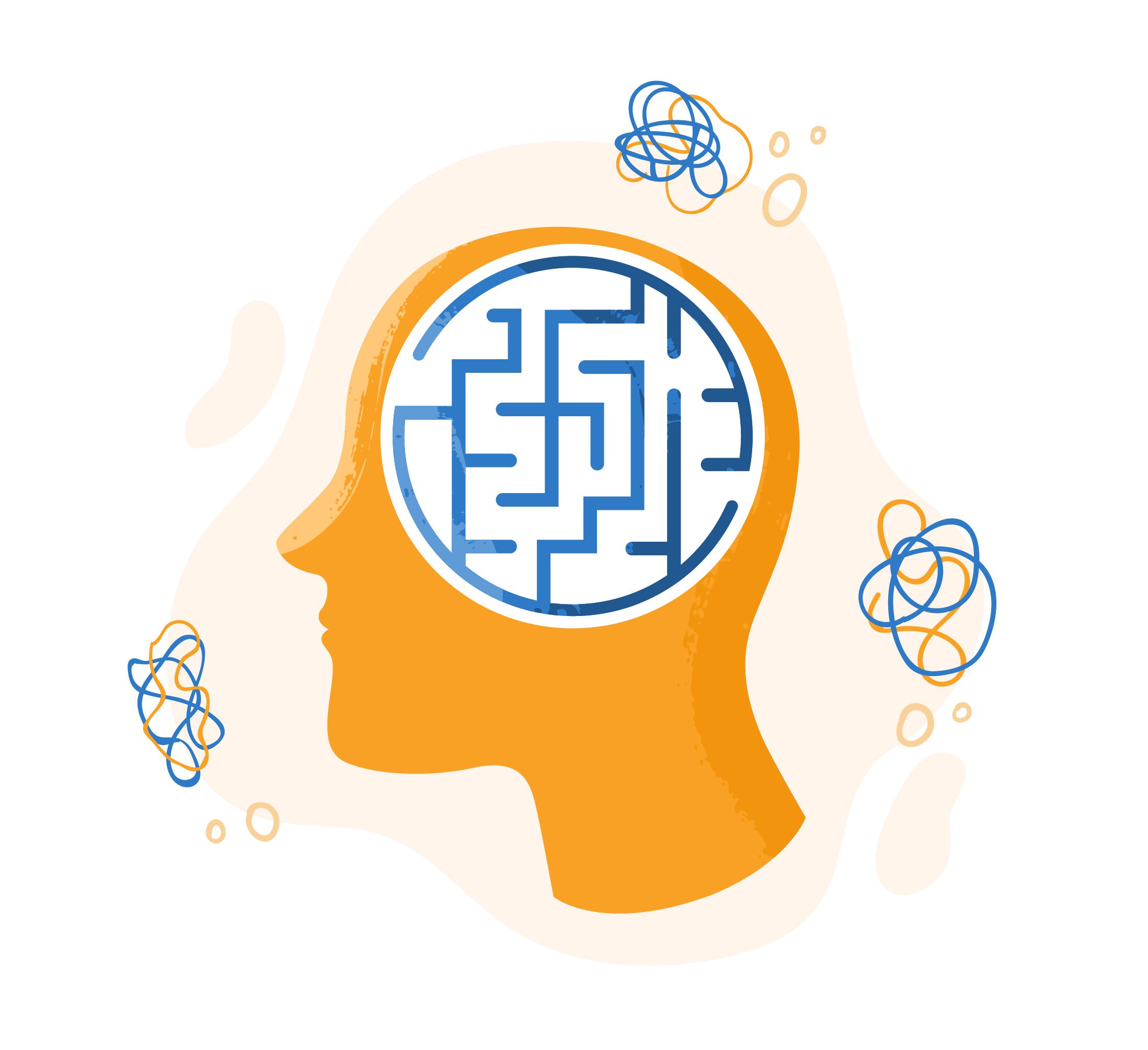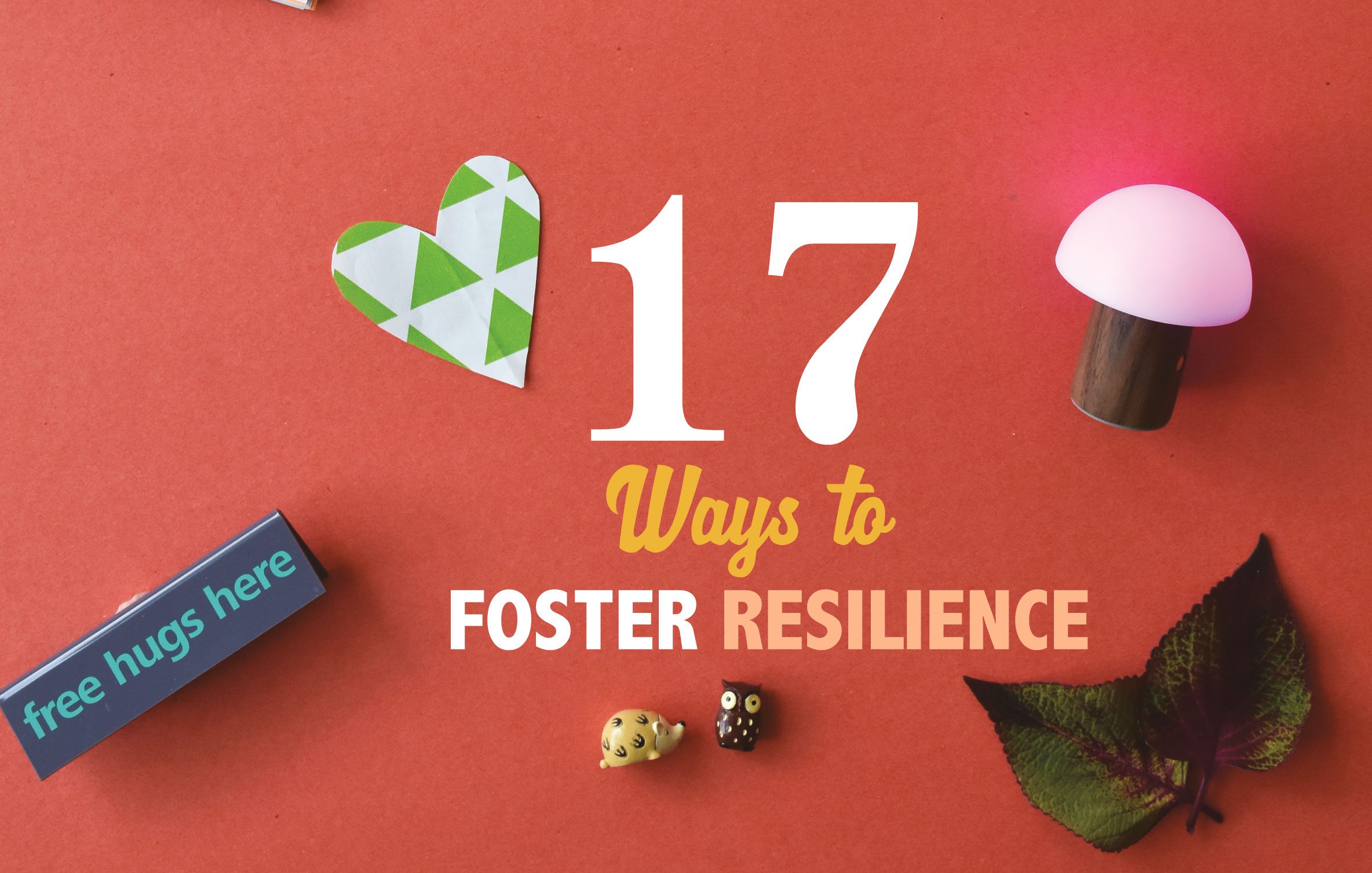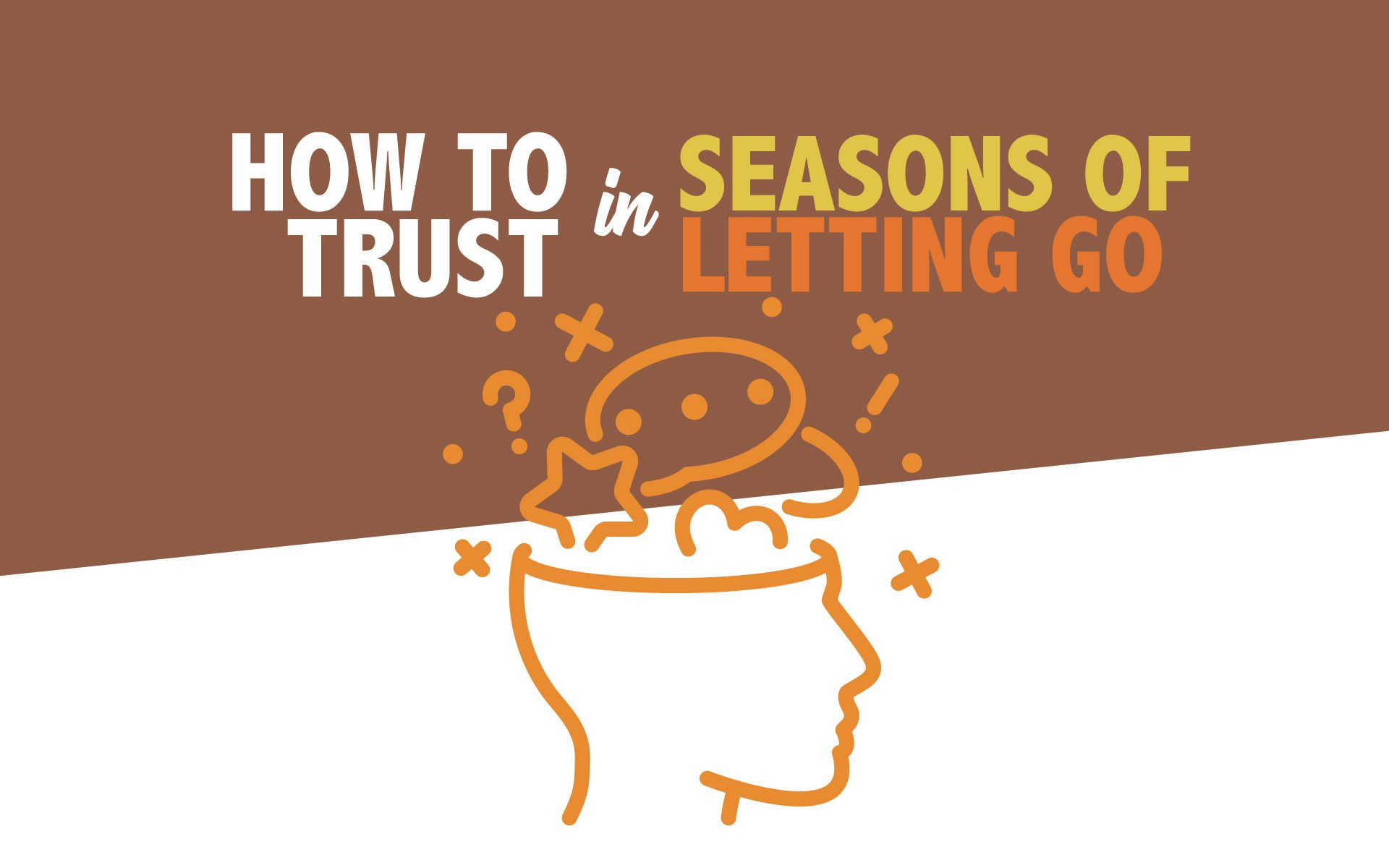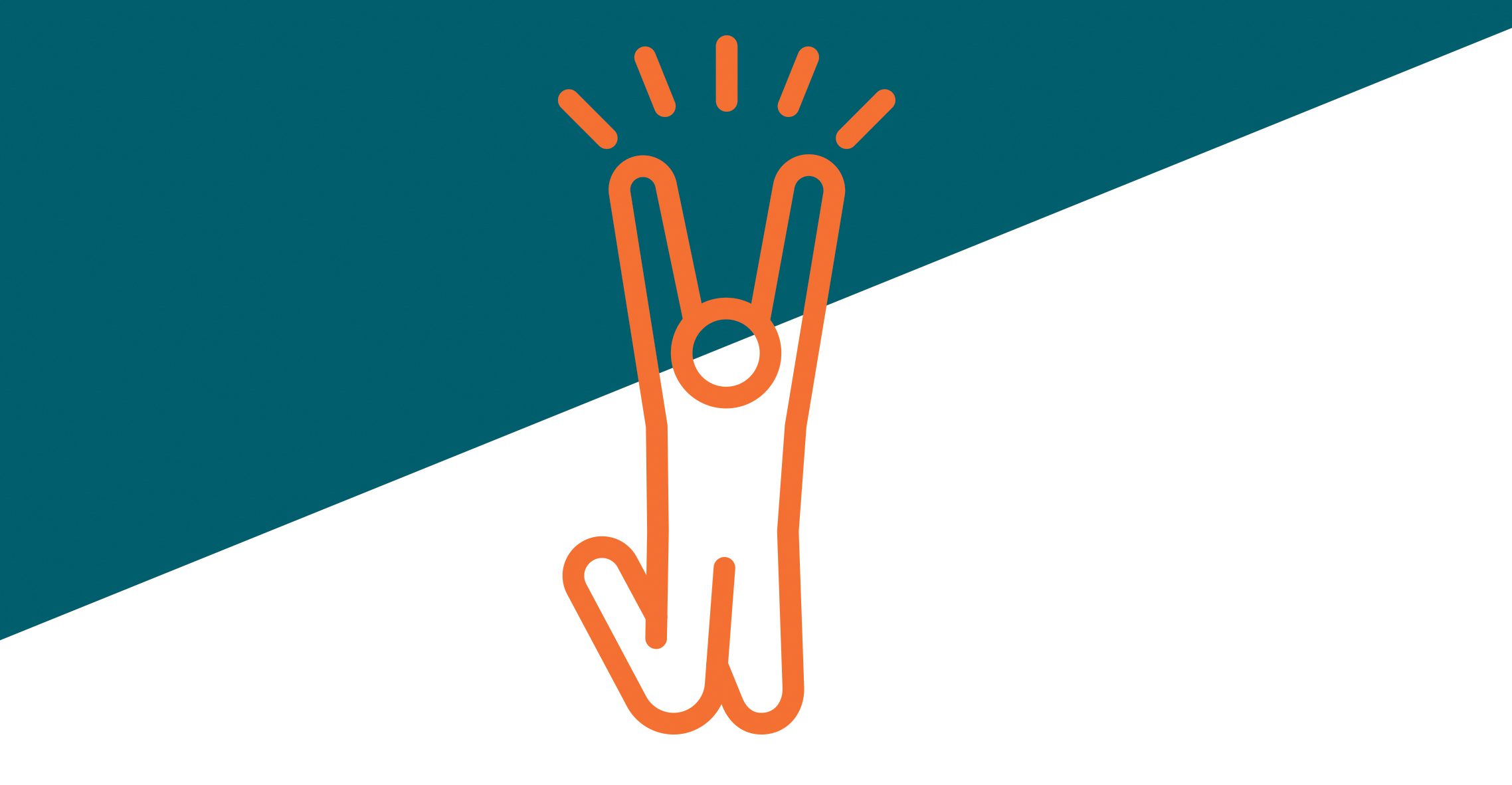Focus on Mental Health & Boost Your Mood
As winter sets in, we typically retreat indoors and share space with a small group of family or friends. However, with 2020’s COVID-19, it almost feels like we’ve had a year of winter. Yes – we tried gardening, walking with friends and relying on video calls to meet our social needs – but these coping methods, done over and over, can get old.
Winter also brings shorter days and less sunlight, which may lead to mental health conditions such as Seasonal Affective Disorder (SAD). SAD is a condition brought on by the change in seasons – and lack of light – that disrupts the body’s natural cycle.
While some days – especially in winter – it can feel like there is little hope in sight, there are proven methods for shifting our mood that can help us end the year on a positive note.
Happiness Hormones
There are four major happiness hormones – serotonin, dopamine, oxytocin and endorphins – and behaviors associated with each one. Let’s break it down:
Serotonin
Serotonin is related to sleep, digestion, hunger and memory. A disruption in this is commonly linked with mood disorders such as depression and anxiety.
Dopamine
Dopamine is associated with memory and focus. It is naturally released when we engage in rewarding activities, and a disturbance in this is associated with depression and schizophrenia.
Oxytocin
Oxytocin leads to feelings of connection in both parent-child and relationships amongst friends. It is often called the “cuddle hormone.” An even better term might be the connection hormone.
Endorphins
Endorphins are feel-good hormones in response to pain, exercise, or rewarding activities. Endorphins are what people are referring to when they experience the “runner’s high.”
Five Areas of Focus
Most everyone knows we need to exercise, eat well, and get enough sleep to stay healthy. But do we really understand why these things are so vitally important? Local therapists and medical practitioners have come together here to answer that question, plus share five areas of focus for mood-boosters we can do at home. But remember: Not every mood-boosting strategy is for everyone. Try choosing a few tips to practice each week. See what works best for you. Even one change can make a huge difference in your happiness overall.
Connect
When it comes to connection, think quality over quantity. Taking time to express gratitude, share feelings, and listen empathetically are all important factors in releasing oxytocin. While physical touch is most often associated with oxytocin (see sidebar), it is not necessarily the only way to tap into this hormone.
Barbara Fay, a Licensed Mental Health Counselor (LMHC) in Decorah, Iowa, believes community involvement promotes meaningful connections. She advocates for mentoring, volunteering, and engaging in random acts of kindness. Barbara currently counsels children and adults online.
With the holidays approaching, we may have to adjust plans as social gatherings and travel are limited. Focus on spending time with a few family members or friends and creating new rituals like playing board games, sharing gratitude or reflecting upon special memories. We can also connect without physical contact by creating personalized greeting cards, sharing holiday recipes, or exchanging family photos.
If you are solo, take time to connect with yourself – a good book, a warm drink, and cozy pajamas might just become your favorite holiday tradition!
NAMI, The National Alliance on Mental Illness has a HelpLine: 800-950-6264. Please, call if you need help. The HelpLine is open Monday through Friday, 9 am– 5 pm, or by email at info@nami.org. If you are in an emergency call 911 or 988. Suicide and Crisis Lifeline is available 24 hours at 988.
Move
Regular exercise gets you a three-in-one increase in hormones: dopamine, serotonin, and endorphins. Add in exercising with a friend, and you’re increasing oxytocin as well. Does that friend happen to be a pet? Totally works too! Spending time with animals releases oxytocin, and Des Moines-based mental health counselor Blair Birkett says it can decrease cortisol, a hormone associated with stress, as well. For those without full-time pets, she says, “Consider fostering, sign up for a dog walking service, offer to watch someone else’s pets, or volunteer at your local animal shelter.”
Additional bonus: If you’re outdoors doing these things, you’ll get an extra serotonin boost. Sunlight exposure assists with vitamin D production as well, which mitigates Seasonal Affective Disorder.
New to exercise and not sure where to start? Don’t let that stop you! Gentle exercise may be just as beneficial as high-impact. Try starting with a walk around your block. When time is limited, quick stretches are another great way to get active, counteract poor posture, and eliminate stress. If you do have some time, take it a step further with yoga – it’s an accessible low-impact exercise with online options for all levels and abilities. Once you get started, it gets easier – dopamine levels rise during exercise, which naturally increase motivation for consistent practice.
Looking for more ideas? Try dancing! Taking time to play music and move for the entirety of a song can be a great mood booster, plus music itself releases dopamine in the brain. Shaking, skipping, stretching, or even drumming along to a song are all effective ways to add movement and music into a busy day.
Play
Play can include hobbies, creativity, and moments of joy. Laughter is a natural dopamine and endorphin booster, and may help decrease the impacts of depression and anxiety.
Cassie Sawyer, Art Therapist from Root to Crown Healing & Wellness in Minneapolis, Minnesota, encourages people to heal through art. “When you make art for healing, it’s not about the ‘product’ that you’re making, it’s about the creative process,” she says. She invites anyone stuck in perfectionism to, “make the most unappealing piece you can make – even ugly art heals!”

Rest
When the body is under stress, it takes greater energy to operate efficiently. Unfortunately, these days of uncertainty can lead to hyper-vigilance, muscle tension, and excessive worry… and make relaxation pretty difficult. To assist in unwinding, keep a consistent sleep schedule and aim for seven to nine hours of sleep per night. Adequate sleep helps to regulate hormone levels. Nesrin Abu Ata, M.D of Mind Alchemy, a private practice in Sioux City, Iowa, adds, “Limit electronics, especially before bed to let your body rest and restore.”
Cindy Enyart, LMHC of Enyart Counseling Services in Waterloo, Iowa, shares this reminder, “Participating in self-care activities can be difficult when you are feeling down and depressed.” She suggests opting for short, self-care activities like five minutes of meditation, a quick walk, or a healthy snack. “You do not have to do anything elaborate or time consuming in order to take steps towards healing.”
Heal
A great method for healing the nervous system is deep belly breathing, which reduces cortisol in the body. To begin, place one hand on the chest and the other on the belly. Notice where the breath moves. Attempt to fill the belly like a balloon, expanding it with every inhale and deflating with every exhale. If this is inaccessible from a seated position, try it lying on your back.
Another technique for increasing oxytocin is loving-kindness meditation. Simply find a relaxed position and focus on sending love and kindness to someone. Imagine this deepening with each breath. Bonus: Dopamine levels may also rise with a consistent meditation practice.
Self-help books can be great tools for recovering from stress and trauma as well. These books can highlight patterns of behavior that might otherwise remain unconscious. As an additional strategy, try journaling to help process feelings and thoughts that arise.
It takes time to repair the nervous system after stress. When an extra source of support is needed, there is no shame in seeking outside help in the form of a therapist, medical doctor, or psychiatrist. In conjunction with appropriate resources, these self-care strategies will help to foster resilience, recover from stress, and improve mood.
This year has presented us with many challenges, but also tremendous opportunities for growth. In the midst of change, though, growth may be hard to recognize. While many of us are anxious to leave 2020 behind, let us do so on a positive note. Together we will enter the New Year armed with strategies for staying positive and the capability to overcome anything life throws our way.

Olivia Lynn Schnur
Olivia Lynn Schnur is a Clinical Mental Health Counselor and Registered Yoga Teacher. Her specialty areas include trauma, anxiety, stress and performance-based issues.
Looking to read more, do more, & get inspired?
Braving the Wilderness by Brene Brown
Waking the Tiger: Healing Trauma by Peter Levine
The Path Made Clear: Discovering Your Life’s Direction and Purpose by Oprah Winfrey
Big Magic: Creative Living Beyond Fear by Elizabeth Gilbert
Want to go even further with it? Try this weekly journal!
